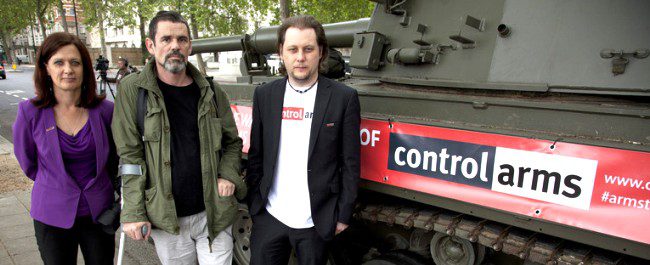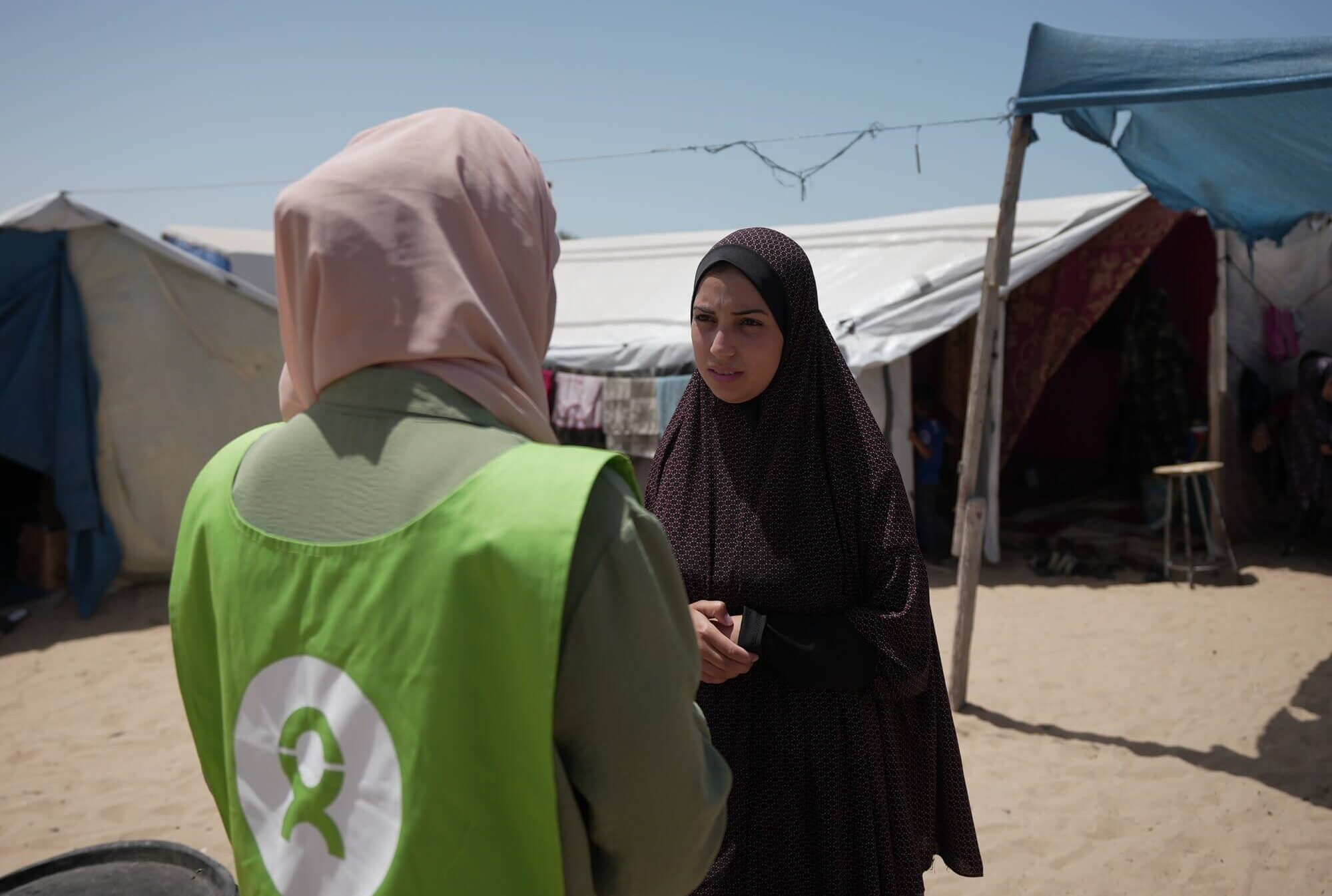The first draft of the Arms Trade Treaty has finally arrived. Unfortunately, while there were some points to celebrate, the text reflected the compromises and blocks which some sceptical countries have been arguing for since the conference began.
It appears the treaty has been reduced from a humanitarian action to simply a regulatory document defined by obsolete circumstances. Jeff Abramson, Director of the Control Arms Secretariat said: “This treaty must define what [constitutes a] responsible arms trade. At the moment it relies on outdated definitions from the shadow of the Cold War.”
The scope of the treaty is weak and confusing in many places. For example, while it does cover small arms and light weapons, such as machine guns, pistols and rifles the range of major conventional arms covered is unsatisfactory. Fighter aircraft are covered; predator drones are not. Ammunition can be controlled or not controlled depending on the whim of the country.
More immediately worrying is the treaty’s stance on existing contractual obligations – under this draft they could be fulfilled regardless of how circumstances might have since changed since the contracts were signed.
Brian Wood, Head of Arms Control at Amnesty International said: “These loopholes could easily be exploited to allow arms to be supplied to those that intend to use them to commit serious human rights violations, as the world is seeing in Syria.”
Oxfam’s Head of Arms Control, Anna Macdonald, said: “There are more holes in this draft treaty than a leaky bucket. These must be closed if we are going to stop weapons from flowing into the world`s worst conflict zones. We have two days for this urgent task.”
The various delegations must now work hard to make this inadequate draft into a strong, uncompromising Arms Trade Treaty, but there are just days left until the end of the talks.
by Rachel George, Oxfam GB Digital Campaigns Manager



